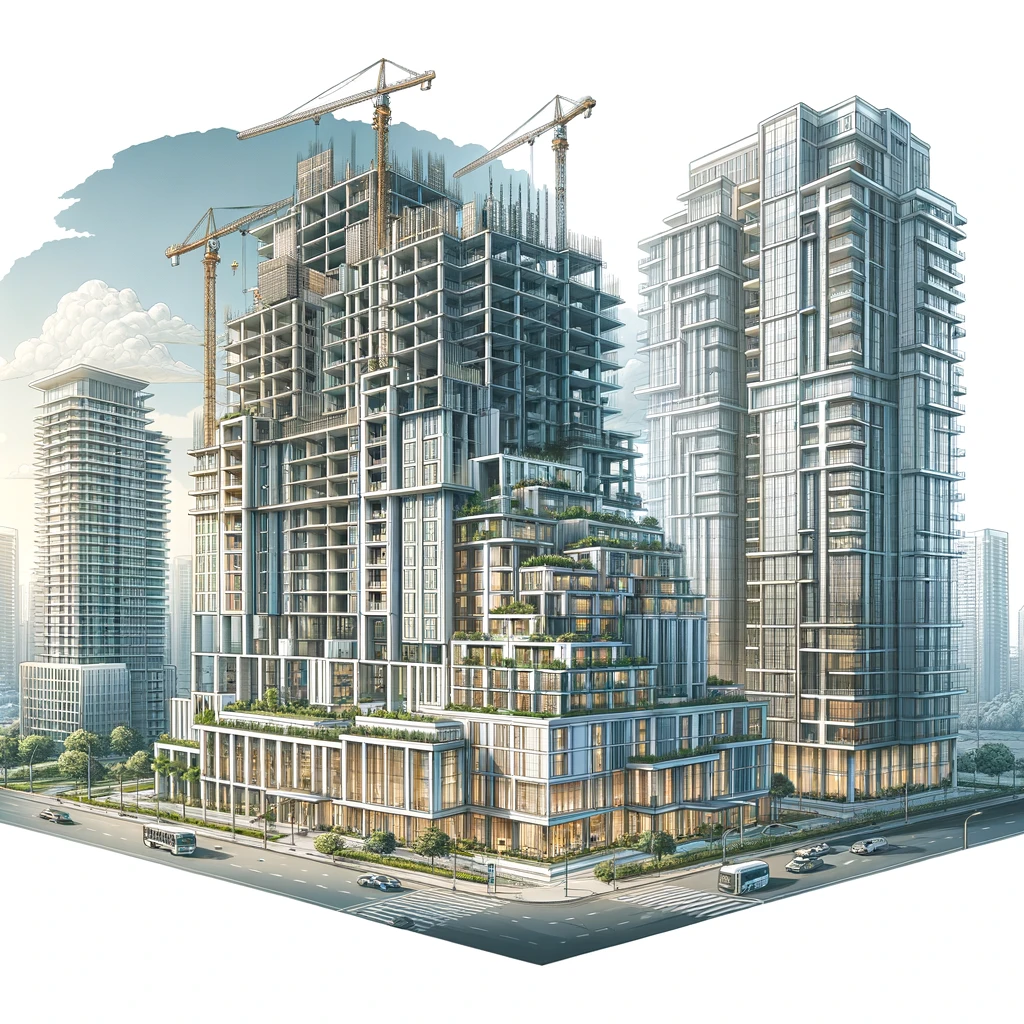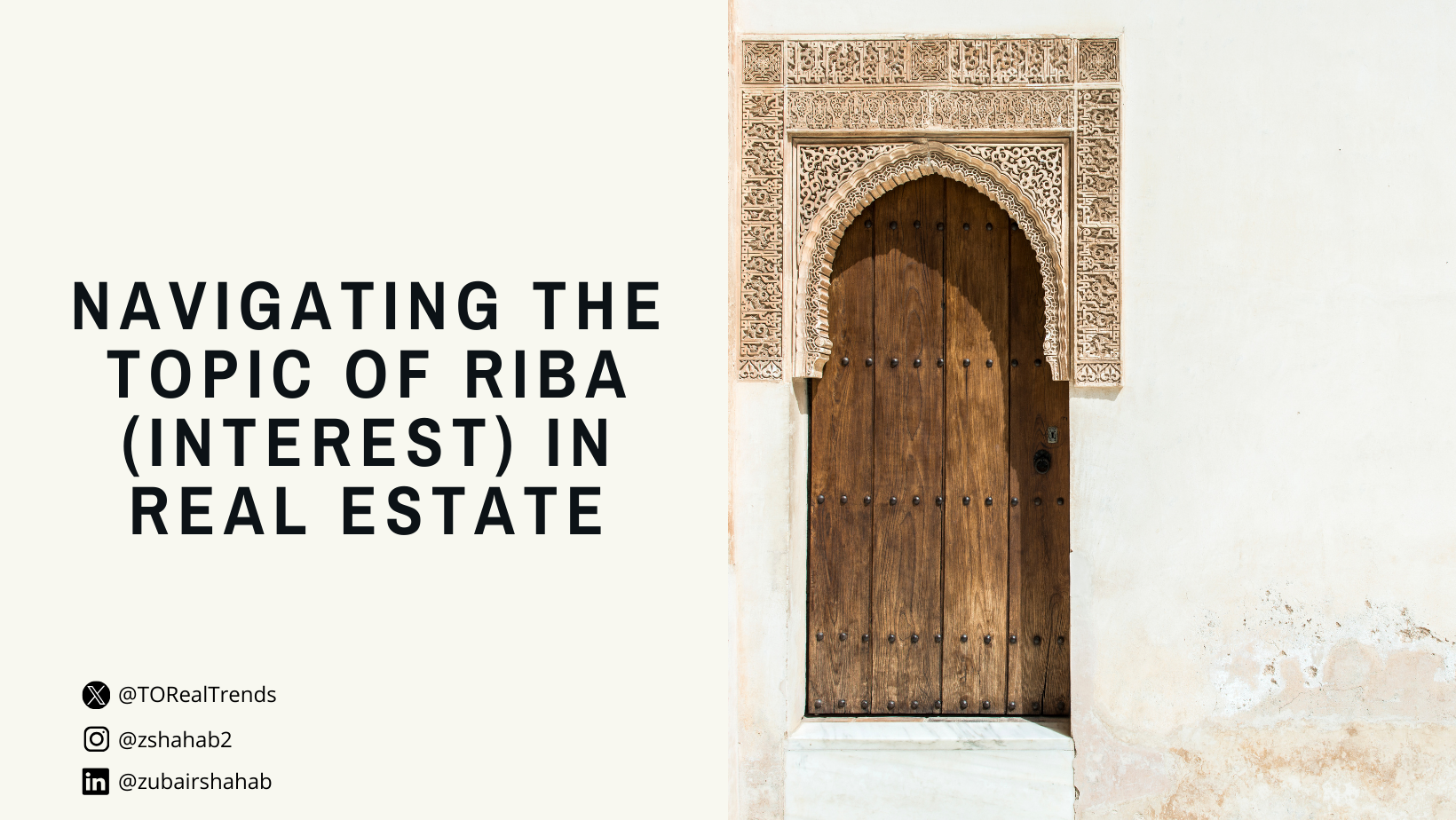In the ever-evolving landscape of urban living, the discrepancy between the prices of new construction condos and those of resale units has become a topic of keen interest and speculation. Drawing upon a detailed analysis encapsulated in a comprehensive map I've developed, this post aims to shed light on the current state of condo pricing and offer insights into future trends that will affect buyers and investors alike.
The Present Discrepancy
As of now, a noticeable gap exists between the cost per square foot of newly constructed condos and that of resale units across the city. This divergence isn't merely a reflection of the premium placed on brand-new properties but also highlights a broader trend in real estate pricing dynamics especially with construction prices having increased significantly since the pandemic.
New constructions often command higher prices due to their modern amenities, advanced building technologies, and the allure of being the first to occupy a space. Conversely, resale condos, while potentially offering more square footage per dollar, may lack the cutting-edge features and designs that new buildings boast.
The Map Analysis
The map I've created serves as a visual representation of the current average $/sqft for different areas of Mississauga and Toronto. I’ve further taken some examples of units that have sold from September 1, 2023 - March 1, 2024, and added them into the map for a comparison. In order to make it more objective, I only used buildings that were less than five years old. You can immediately see that pre construction condo prices are significantly higher than resale prices and the overall average of the area that they are located in.
Future Implications
This disparity poses an interesting question: as these new constructions are completed and enter the market in full, what happens to this price gap? There are only three possible outcomes:
New Construction Prices May Decrease: As the new condos come into the market, investors will have to sell in order to move their money elsewhere. Buyers may not care that the condo is new, and will not attach as significant a premium on the property as there currently exists. This will result in investors selling the new condos at a loss and causing prices for the new condos to fall closer to resale prices.
Resale Prices Could Surge: Alternatively, the price of resale condos might experience a significant uptick. This could occur as buyers always compare prices on a $/sqft basis to different buildings in the area. If the new construction prices hold because investors are not selling at a loss, then the existing inventory prices will have to go up.
New Construction Goes Down, Resale Prices Go Up: What is probably the most likely scenario is that we will experience a little bit of both of the above. New construction does have inherent value, the latest technology, first buildings in a new area, unique architectural appeal, etc. This will keep the price stable, while generating a demand for resale condos nearby, where buyers will be forced to purchase for a premium due to the average price increasing.
Why is this Happening?
Since the global pandemic, inflation has affected every industry. The construction industry was and still is being severely impacted by a rise in costs. Compounded with the fact that land prices also continue to rise, new construction simply costs more. Currently, the costs of the land and constructing upon it is higher or equivalent to the prices that resale condos are selling for. This is before anyone makes any profit for their work. That is unsustainable and why we are having this issue.
Navigating the Future
For potential buyers and investors, understanding these trends is crucial. Those eyeing new constructions might find potential bargains if the market adjusts prices downward. Meanwhile, investors in the resale market could see significant appreciation in property values if resale is able to capitalize on the higher price of new construction lifting the overall price of the condo market.
Conclusion
The gap between new construction and resale condo prices is more than just a matter of numbers; it's a reflection of changing urban lifestyles, economic conditions, and real estate market dynamics. Whether this gap will widen or narrow remains to be seen, but one thing is clear: the landscape of urban real estate is on the cusp of significant change. As we move forward, staying informed and agile will be key to navigating the future of condo living.






.png)